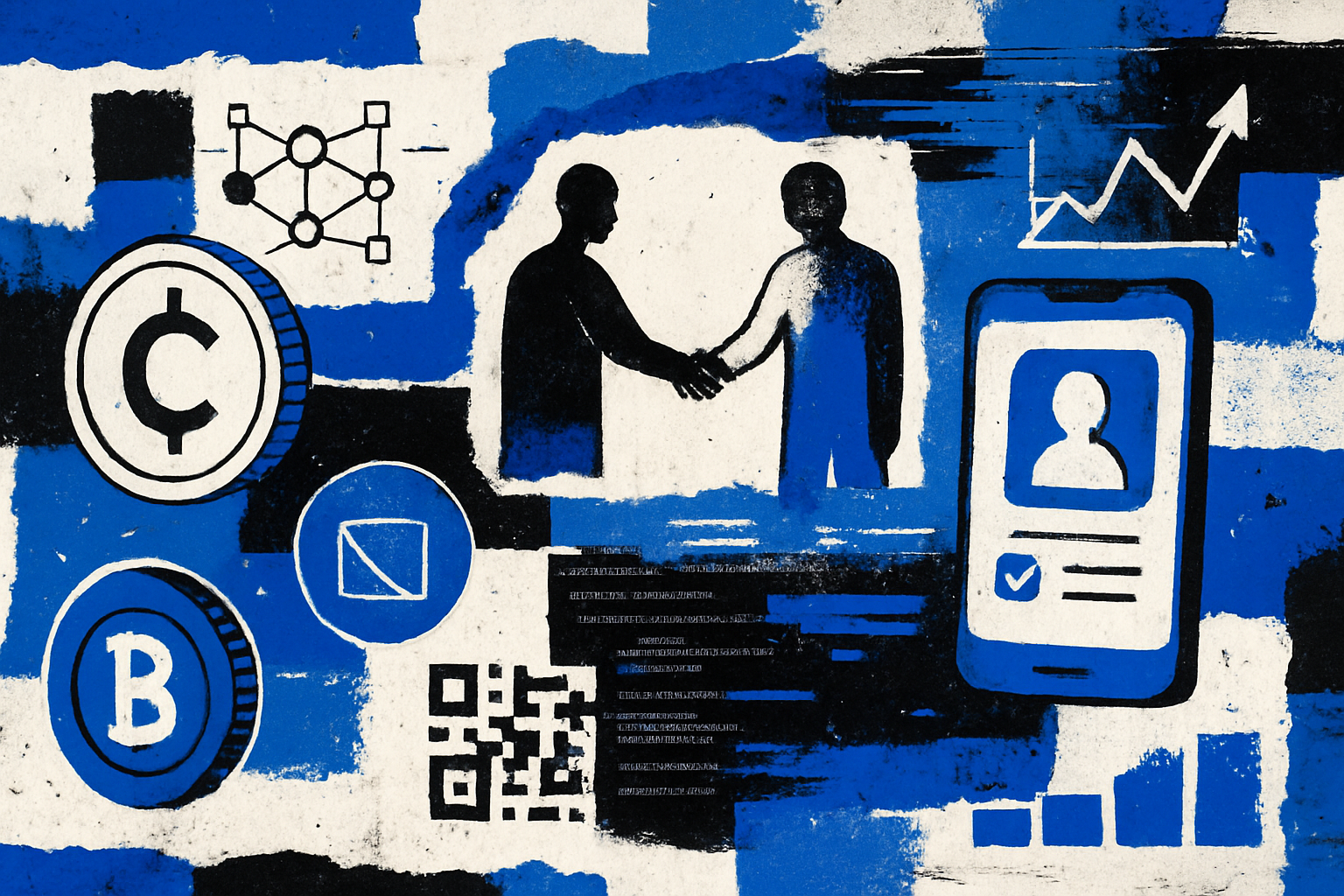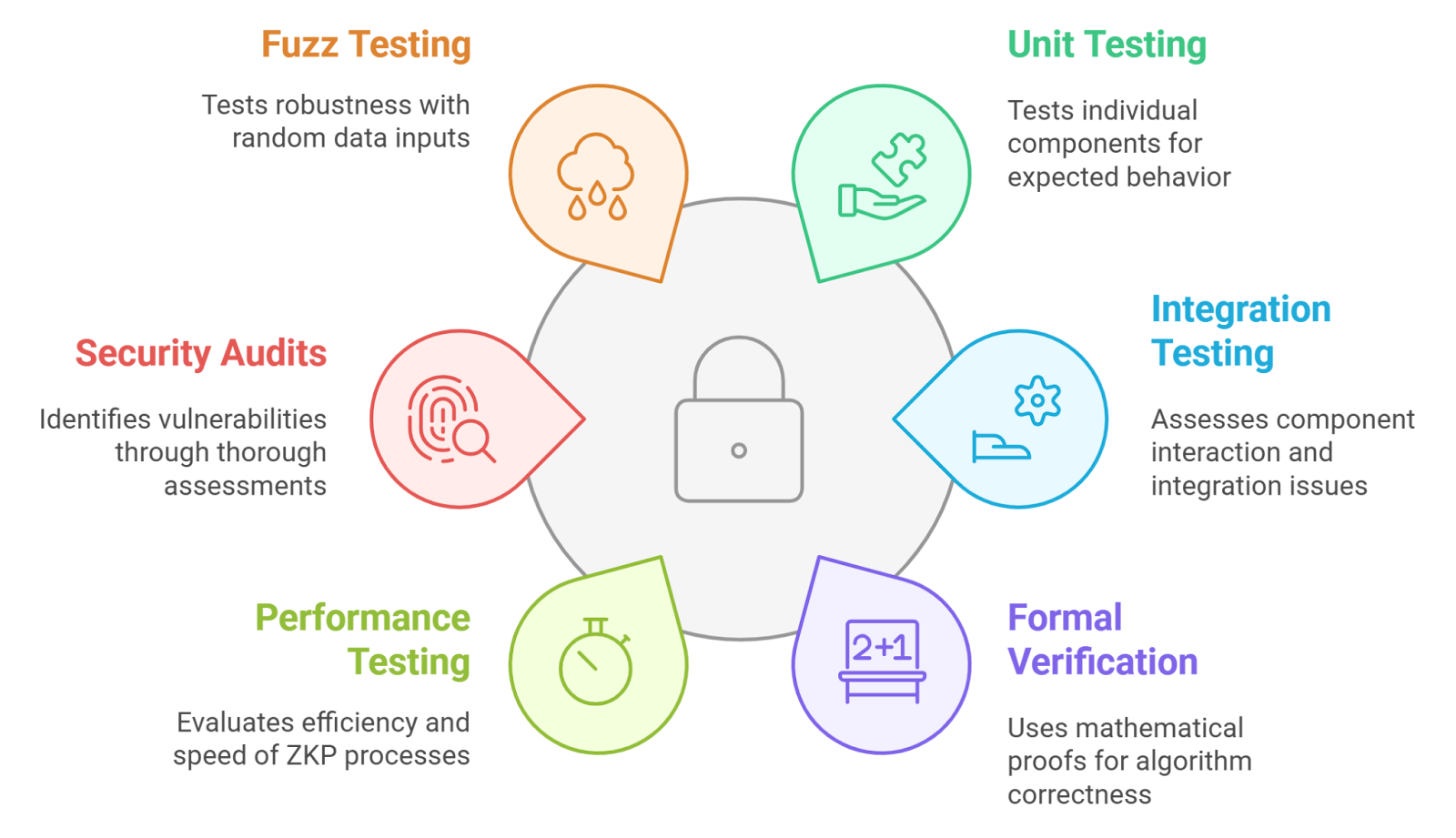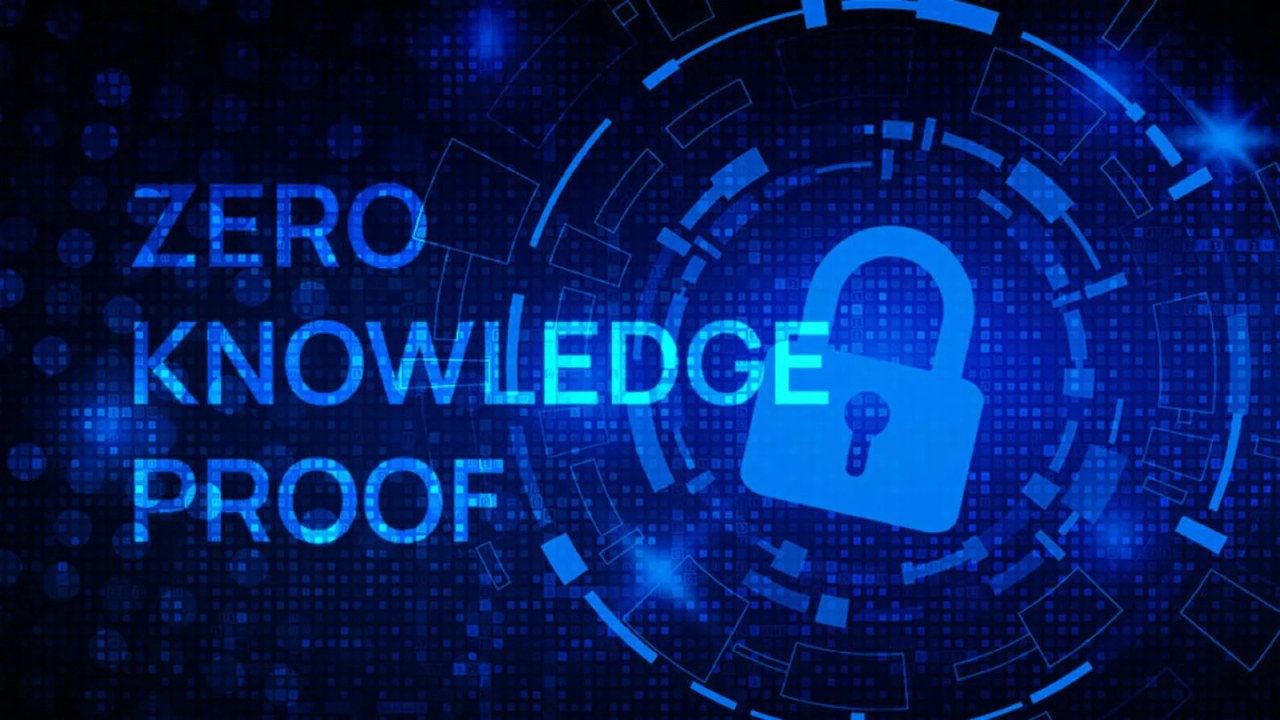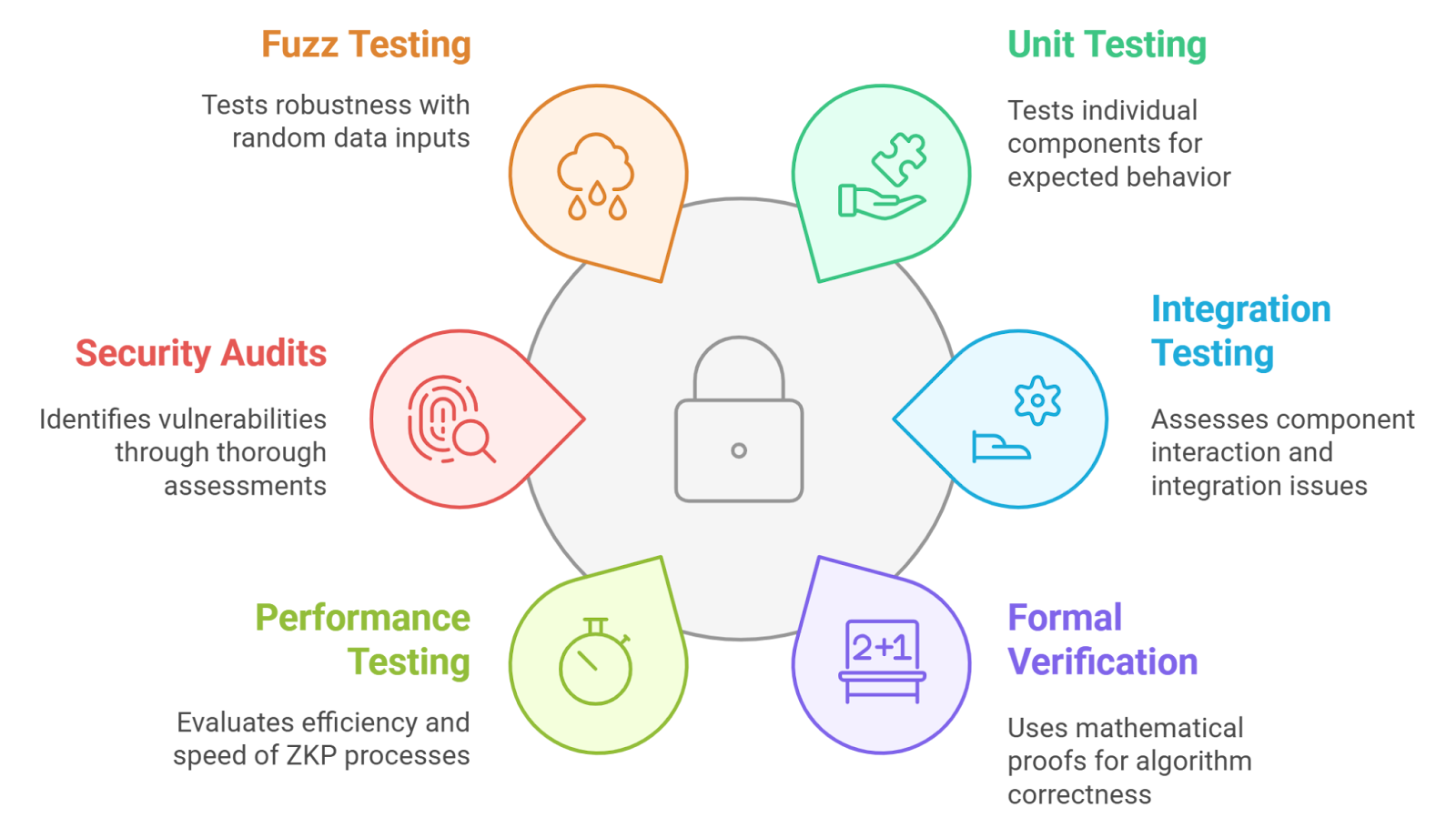
Zero-knowledge proofs (ZKPs) are revolutionizing digital identity by empowering users to control their data without sacrificing privacy. In the context of decentralized identity wallets, ZKPs allow individuals to prove specific facts, such as age or citizenship, without exposing underlying personal information. This approach is a significant leap beyond traditional, centralized identity systems that often require over-sharing sensitive details.

Why Privacy Matters in Decentralized Identity
Decentralized digital identity solutions prioritize user autonomy and data minimization. Instead of relying on centralized providers that store and potentially monetize your data, decentralized identity wallets leverage blockchain and cryptographic techniques to put you in charge. However, even with self-sovereign models, there’s an inherent tension: how do you verify attributes (like being over 18) without revealing unnecessary personal information?
This is where zero-knowledge proofs in identity wallets come into play. ZKPs enable selective disclosure, letting you prove statements about your credentials without sharing the actual data. For example, when accessing an age-restricted service, your wallet can generate a proof that you are above the required age, without ever exposing your birthdate or full ID.
The Mechanics of Zero-Knowledge Proofs
At its core, a zero-knowledge proof lets one party (the prover) demonstrate knowledge of a fact to another party (the verifier) without revealing any supporting data. In decentralized identity systems, this means you can authenticate yourself or specific attributes while keeping everything else private.
Consider Polygon ID: it uses ZKPs on the Polygon blockchain to let users verify credentials for services and apps without leaking personal details. Similarly, zkLogin enables authentication via familiar platforms (like Google or Facebook) but ensures that the link between your off-chain and on-chain identities stays hidden from third parties.
ZKPs and Data Minimization: Legal and Practical Impact
The legal landscape around digital ID is rapidly evolving, especially with strict regulations like GDPR emphasizing data minimization. Zero-knowledge proofs offer a technical solution aligned with these requirements by allowing verification with minimal data disclosure. This not only reduces the attack surface for hackers but also limits the liability for organizations handling user data.
Leading projects such as Extrimian and Mina Protocol are integrating ZKPs into their decentralized digital identity platforms to deliver unmatched privacy and compliance benefits. By leveraging these cryptographic techniques, users can confidently interact online, knowing their credentials remain secure and private at every step.
Adoption of ZKPs for self-sovereign identity is accelerating, thanks to the growing recognition that privacy-preserving decentralized identity is not just a technical improvement, it’s a paradigm shift. As more organizations embrace decentralized digital identity privacy, users gain greater agency over their data and are less dependent on vulnerable centralized databases.
Key Benefits of ZKPs in Decentralized Identity Wallets
-

Selective Attribute Disclosure: ZKPs allow users to prove specific facts (like being over 18) without revealing sensitive personal data, greatly reducing unnecessary data exposure.
-

Enhanced Data Privacy: By minimizing the information shared during verification, ZKPs help protect users from data breaches and unauthorized access in decentralized identity wallets.
-

User Autonomy and Control: ZKPs empower individuals to manage and share only the information they choose, supporting self-sovereign identity principles.
-

Legal Compliance and Data Minimization: ZKPs facilitate compliance with privacy regulations (like GDPR) by ensuring only necessary data is processed and shared.
-

Real-World Adoption by Leading Platforms: Solutions like Polygon ID and zkLogin use ZKPs to enable private, secure identity verification on blockchain networks.
Real-world use cases are emerging quickly. From borderless KYC processes in DeFi platforms to seamless onboarding in Web3 social networks, zk identity wallets allow users to prove eligibility or compliance without sharing sensitive documents. This minimizes risks such as identity theft and credential stuffing, which remain rampant in legacy systems.
For developers and enterprises, ZKP-enabled wallets open new doors for compliance and interoperability. By abstracting away the underlying personal data, service providers can verify user attributes without ever storing or transmitting private information. This dramatically reduces regulatory overhead and the cost of data protection.
Challenges and the Road Ahead
Despite these advances, the path to ubiquitous ZKP adoption in digital identity is not without friction. Usability remains a hurdle, generating and verifying proofs can be computationally intensive, and wallet interfaces must be intuitive for mainstream users. Moreover, interoperability standards for ZKPs in decentralized identity are still maturing, with ongoing work from groups like W3C and DIF.
Another consideration is user education. Many people are unfamiliar with concepts like zero-knowledge proofs or selective disclosure. Without clear guidance and transparent UX, even privacy-first tools risk low adoption.
Still, the momentum is undeniable. As regulatory pressure mounts and data breaches continue to make headlines, demand for zk identity wallets will only grow. Projects at the forefront are demonstrating that strong privacy and seamless usability can coexist, and that users no longer have to choose between convenience and control.
Action Steps: How to Get Started with ZK Identity Wallets
If you’re ready to explore this new frontier of decentralized digital identity privacy:
- Research leading zk identity wallet projects (such as Polygon ID or Mina Protocol) to find one that matches your needs
- Test selective disclosure features by verifying attributes without exposing underlying data
- Stay informed on evolving standards and best practices around ZKP integration
- Advocate for privacy-first solutions in your organization or community
The future of self-sovereign identity will be shaped by users who demand both security and autonomy. Zero-knowledge proofs offer a practical path forward, a way to prove who you are without surrendering what makes you unique.






